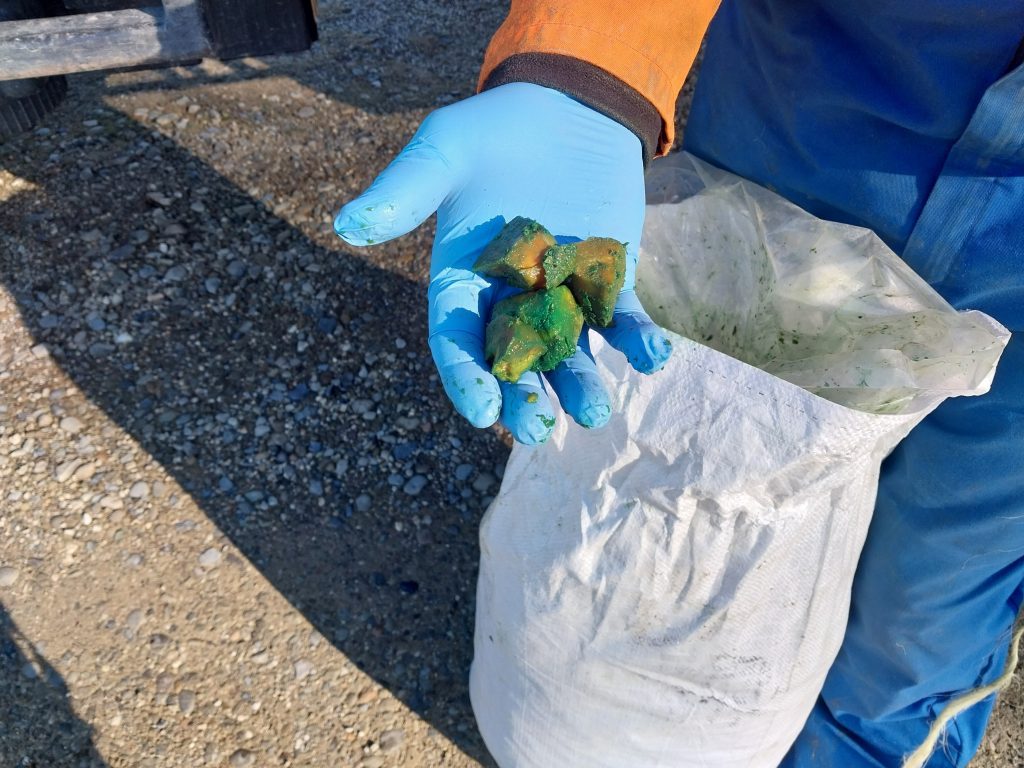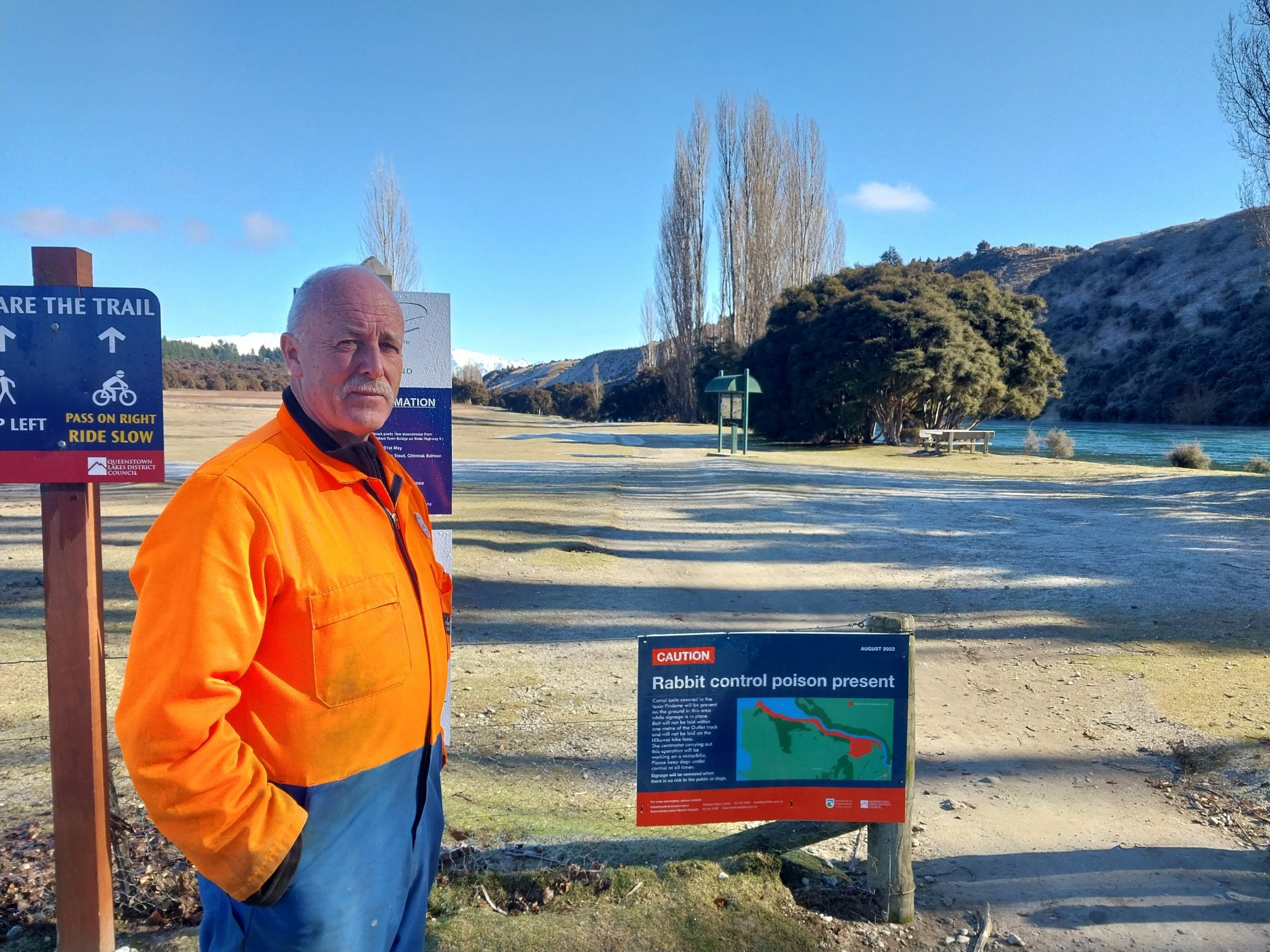Increased rabbit populations would be deeply devastating in the Otago region, says a local pest controller with more than 20 years’ working in the district.
Rabbit baiting operations using toxic Pindone carrot baits on reserve land beside Albert Town, Hikuwai and Northlake walking tracks began this month, but do not pose a threat to controlled dogs.
Preston Pest Control contractor Peter Preston said there was a common misconception that bait or dead rabbits were a danger to dogs.
“A dog would have to eat multiple carcasses . . . A dog picking up one carrot is not in danger, a dog would need to pick up a kilo of carrots to kill itself.’’
The land would be devastated if pest control did not occur, he said.
“You would get land degradation in most lifestyle blocks. Farmers want to get rid of rabbits because they compete with stock for grass. In this area that’s not an issue, but a high population of rabbits supports a high population of ferrets and ferrets are a part of our Predator Free 2050. So reducing rabbit numbers is one strategy to help reduce ferret numbers,” Mr Preston said.

He estimated there were about 2000-3000 rabbits in the Hikuwai area.
Due to less grass in winter, the window for rabbit control was limited to July and August, as they were more likely to consume the Pindone carrot.
He said that less than 10% of dead rabbits were ever visible, with the vast majority dying underground or undercover.
The Pindone carrot baits have been covered in a 17g Pindone paste, and were distributed from a vehicle and on foot.
Bait has not been placed on the Hikuwai bike track or Outlet track, with warning signs installed at all official access points to reserves where bait has been laid.
The rabbit control operation has been aimed to reduce rabbit numbers within the identified reserves to comply with the Otago Regional Council’s Pest Management Plan.
The Pest Management Plan set out a framework of pest plants and animals would be managed over 10 years, starting in 2019.





